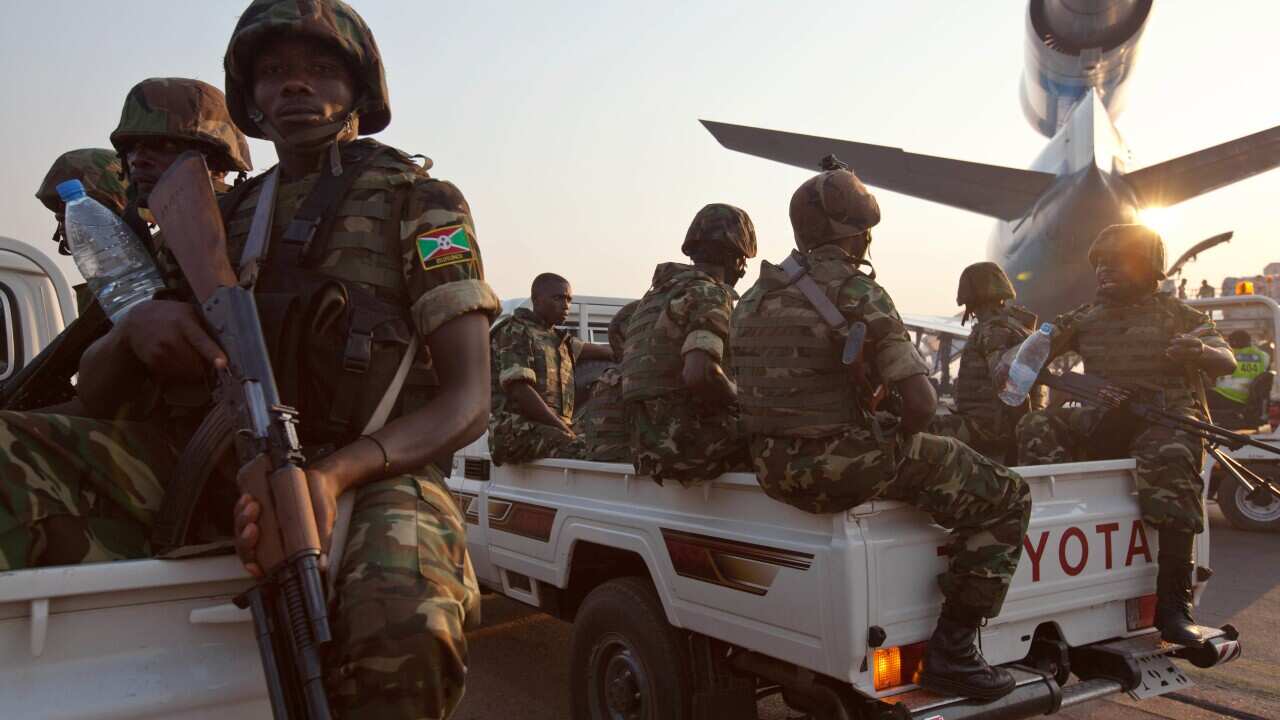UN chief Ban Ki-moon urged Christians and Muslims in the Central African Republic not to succumb to hate and vengeance in a radio message Friday to a country that has seen a surge in sectarian violence.
"I appeal to everyone to follow the path of peace," the secretary general said. "Do not allow the voices of hatred to sow division where none existed before.
"Whatever your faith or background, you share the same history and the same future," he added.
"The bloodshed must stop," he said. "I call on religious and community leaders -- Muslim and Christian -- to act as messengers for peace."
Ban also asked "the transitional authorities to protect people and prevent further conflict."
For those "who would commit atrocities and crimes against humanity," he warned: "The world is watching. You will be held to account."
More than 600 people have been killed in sectarian violence tearing though the Central African Republic in the past week, including 27 Muslims killed in a western village, the UN says.
"We are seeing a further deterioration in the situation in Central African Republic," UNHCR spokesman Adrian Edwards said on Friday, pointing out that fighting and sectarian violence had killed 450 people in Bangui and 160 elsewhere in the country in the past week alone.
Some 159,000 people had also fled their homes in the capital, he told reporters in Geneva.
The killings outside the capital, which had been tallied by the National Red Cross and Danish Refugee Council, had mainly taken place in the northwestern part of the country, he said.
Twenty-seven Muslims had been killed in a single attack by so-called self-defence militias, known as anti-Balaka, in the western village of Bohong on Thursday, according to the UN's human rights agency.
The resource-rich but poverty-stricken majority Christian country was plunged into chaos following a March coup by mainly Muslim Seleka rebels.
A fresh wave of violence enveloped the country on December 5, prompting French troops to deploy last week in a bid to stop communal strife that had sparked global alarm and talk of a possible genocide.
Some 38,000 people have sought refuge at Bangui's airport amid fear of the sectarian violence, Edwards said, pointing out that they currently were "without latrines or washing facilities and with no shelter from the rains or sun."
UNHCR has provided tents through its partner Medecins Sans Frontiers, which has set up a medical clinic at the airport, he said.
Another 12,000 were at Bangui's Saint Joseph Mukassa church, which has only one water point, Edwards said.

